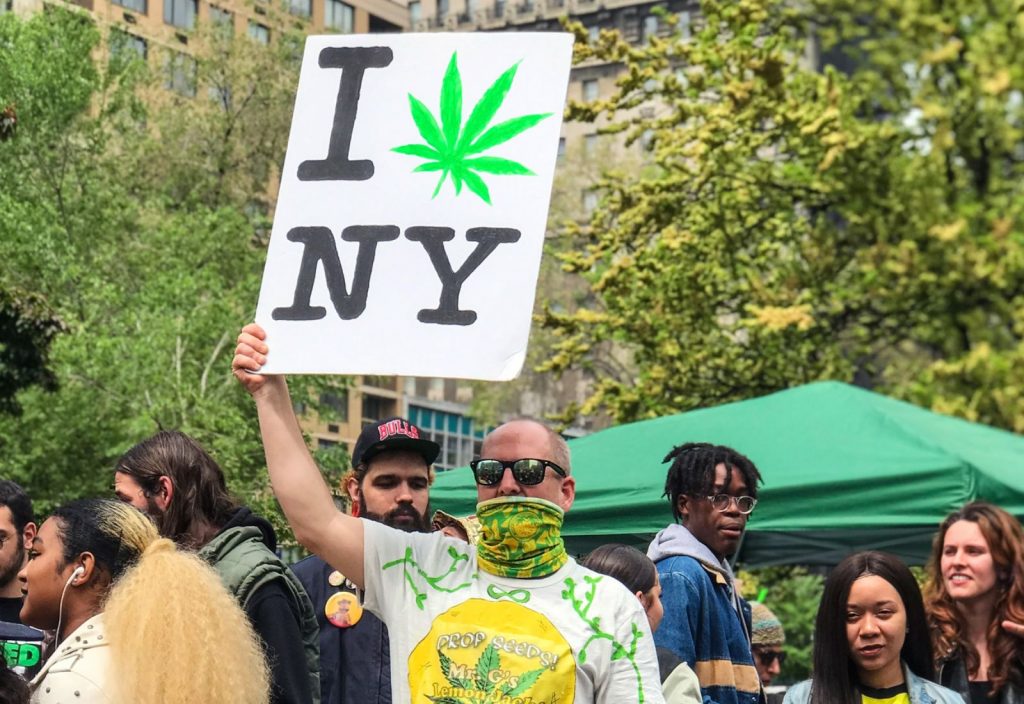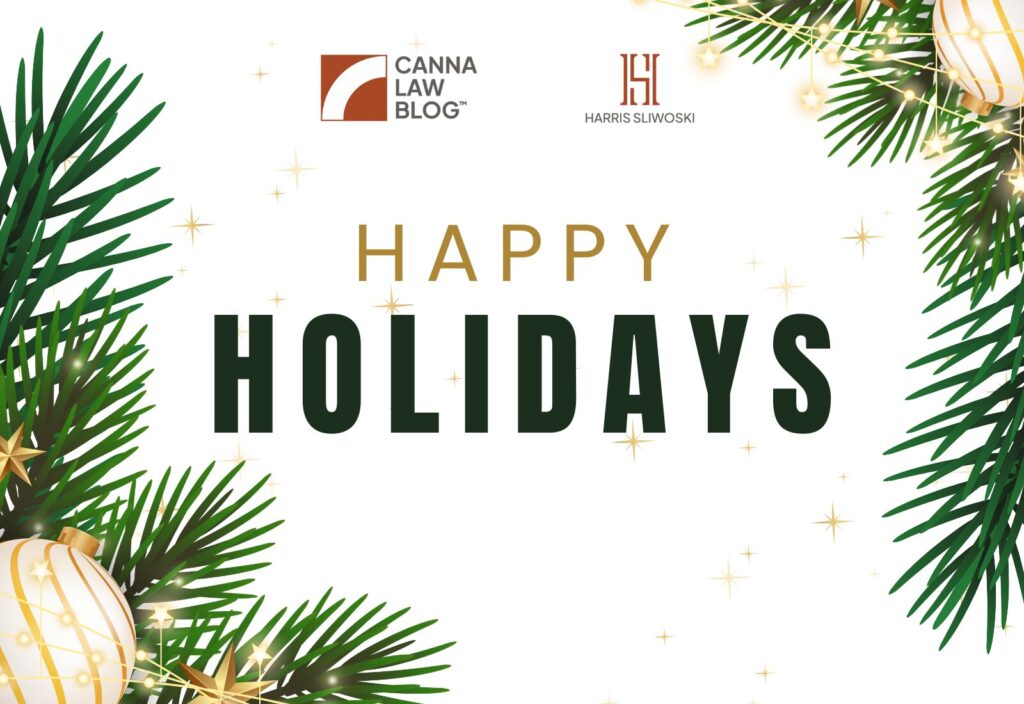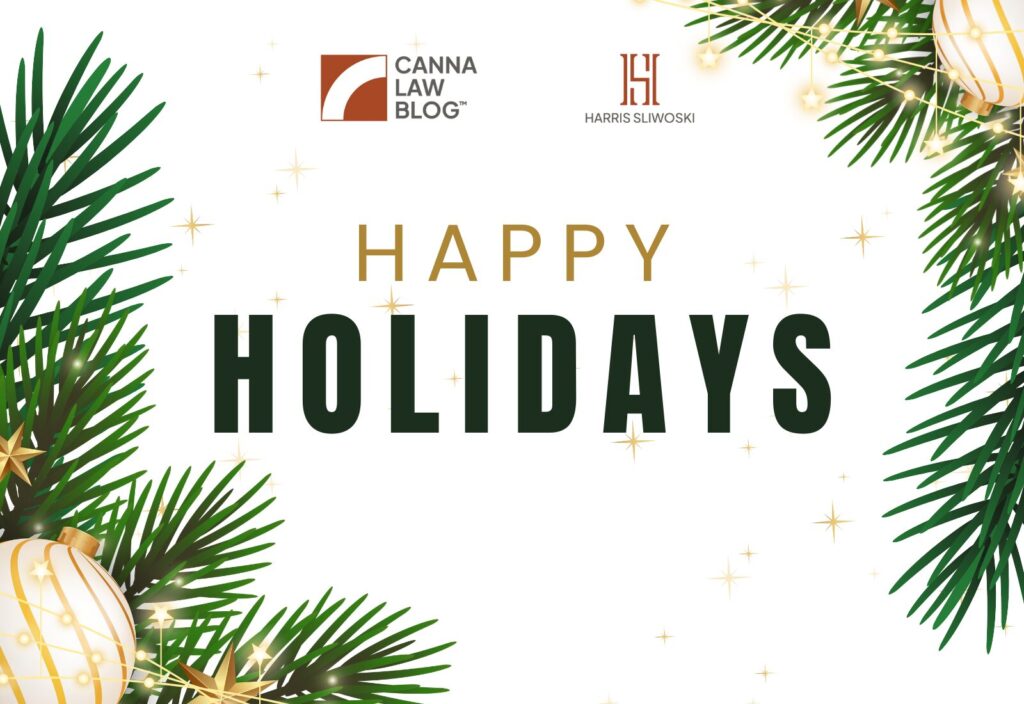
As we previously discussed, on March 28, 2023, the United States Court of Appeals for the Second Circuit narrowed the effects of the November Decision and lifted the injunction that prevented the Office of Cannabis Management (“OCM”) from issuing the Conditional Adult Use Retail Dispensary (“CAURD”) Licenses. The decision has enabled the OCM to issue licenses for businesses in Central New York, Western New York, Mid-Hudson and Brooklyn as the court continues to hear the appeal.
The new CAURD licenses
To that effect, on Monday, April 3, 2023, the OCM has awarded 99 more CAURD licenses, including 53 in New York City, specifically: 3 in Brooklyn, 9 in the Bronx, 21 in Manhattan, 17 in Queens and 3 on Staten Island. As of late 2022, the OCM had issued only 36 CAURD licenses throughout the entirety of New York State and only 4 had been issued in New York City. The OCM is clearly increasing their licensing efforts, which many have argued were painfully slow.
The real estate impacts of CAURD licenses
It will be interesting to see how the OCM deals with the real estate issues that comes up with the licensing of so many new dispensaries. The OCM’s
Read full article on HarrisBricken






































